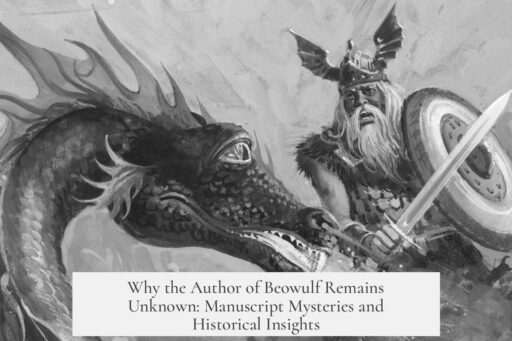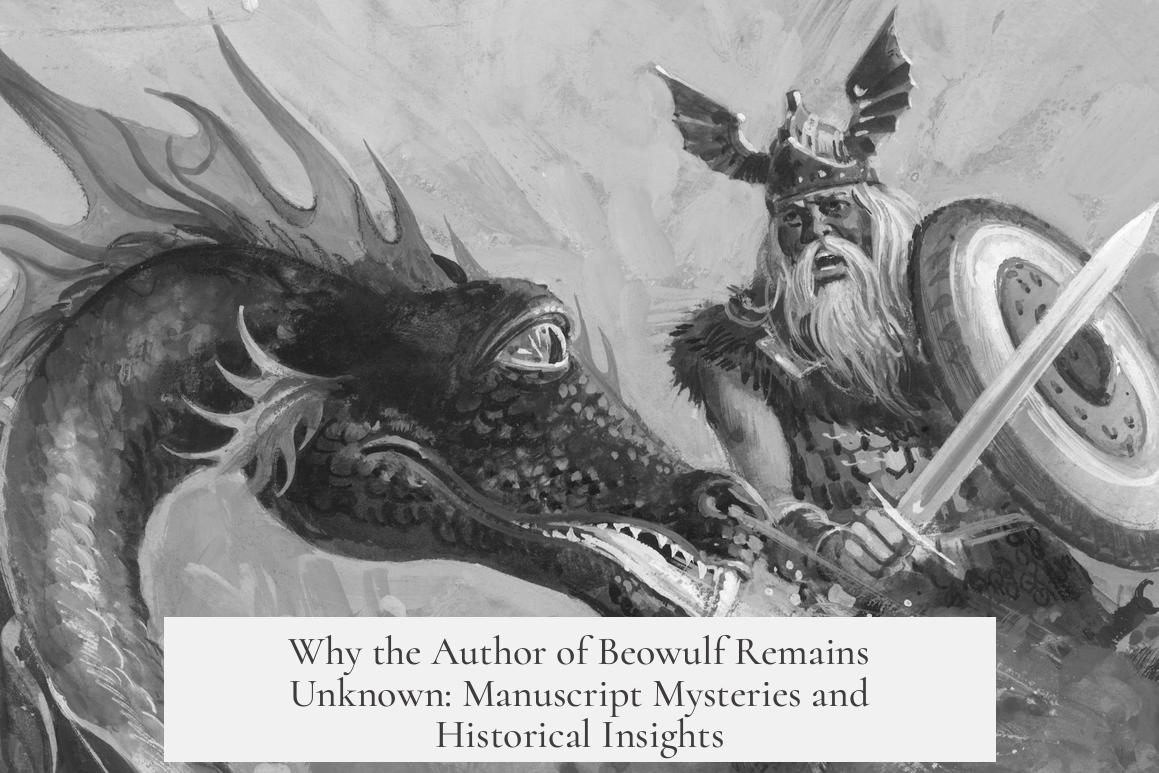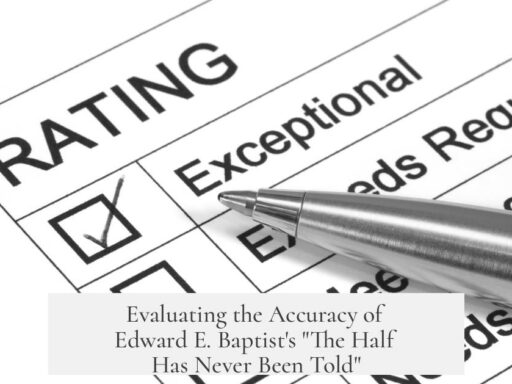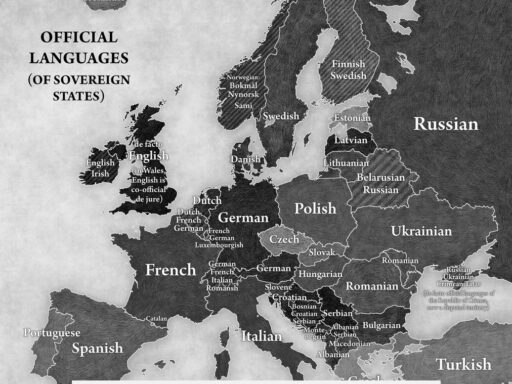The author of Beowulf remains unknown largely because the poem survives in only one manuscript from around the year 1000 CE, which neither names an author nor offers clear evidence of one. This manuscript, written by two different scribes, appears to be a copy or transcription of an oral tradition rather than an original authored text. Scholars agree that Beowulf likely originated as oral history shared by bards before being recorded by a scribe, which blurs the notion of individual authorship in the modern sense.
The survival of Beowulf in a single manuscript complicates scholarly attempts to identify its author. This lone manuscript does not include any explicit authorial attribution. Instead, it presents the poem as the product of an older storytelling tradition. Manuscript evidence shows two distinct scribal hands, suggesting that the text was copied rather than originally composed in writing. This copying happened at a time when oral recitation still dominated cultural transmission, which aligns with the idea that Beowulf was a tale passed down orally before being fixed on parchment.
The poem is thought to have emerged from an oral culture where stories were preserved and performed by bards—skilled storytellers who were anonymous and worked within shared conventions. These bards dictated narratives of heroes, adhering to a set structure that made stories memorable and repeatable. This mode of oral composition means that Beowulf likely evolved over time before being committed to writing, which challenges the concept of a single author responsible for the entire poem.
| Aspect | Details |
|---|---|
| Manuscript Date | Circa 1000 CE |
| Number of Manuscripts | One known manuscript exists |
| Authorship | Unknown; no author’s name given |
| Manuscript Features | Written by two scribes; likely a copy from oral performance |
| Origin of Poem | Oral tradition passing through bards, then written by presumably monks or trained scribes |
The concept of individual authorship was not well developed in the culture and era from which Beowulf originates. Authorship as a personal and copyrightable notion emerged later in history, notably in ancient Greece. In contrast, early medieval England relied on communal and anonymous transmission of literature. Monks or scribes who eventually wrote down Beowulf worked anonymously and did not claim creative ownership but instead focused on preserving these heroic tales.
Another factor is the lack of corroborating texts from the same period. No contemporary copies or references to the poem or its author exist in other documents. This absence limits historical cross-checking that might attribute authorship or provide insight into its creator. Scholars cannot even confirm the completeness of the manuscript; some speculate that parts may be missing or damaged due to the fragile nature of medieval manuscripts.
Scholars like J.R.R. Tolkien have argued that Beowulf was likely composed around 800 CE in an oral tradition, eventually fixed on parchment somewhere between the sixth and eleventh centuries. Tolkien emphasizes the poem’s oral roots, suggesting the “author” was more a teller who shaped the story for his audience than a single creator as understood today.
Thus, the anonymity of Beowulf’s author arises from the following interconnected reasons:
- The poem’s origin in an oral tradition, where storytelling was collective and performers anonymous.
- The single surviving manuscript offers no authorial credit and shows signs of copying from oral or earlier written versions.
- The historic period lacked the concept of literary ownership or named authorship common today.
- The lack of contemporaneous texts or references means no external evidence of who composed or wrote the poem.
- The manuscript itself may be incomplete, obscuring further clues about its origins.
Key takeaways:
- Only one manuscript of Beowulf survives from around 1000 CE, with no named author.
- Oral tradition origins mean the poem was composed and transmitted anonymously by bards.
- Scribes copied the poem later, likely monks, who archived rather than authored it.
- The concept of individual authorship was not established in the early medieval period.
- No corroborating sources exist to identify or confirm the author’s identity or the poem’s full provenance.
Is There a Reason the Beowulf Author(s) Isn’t Known?
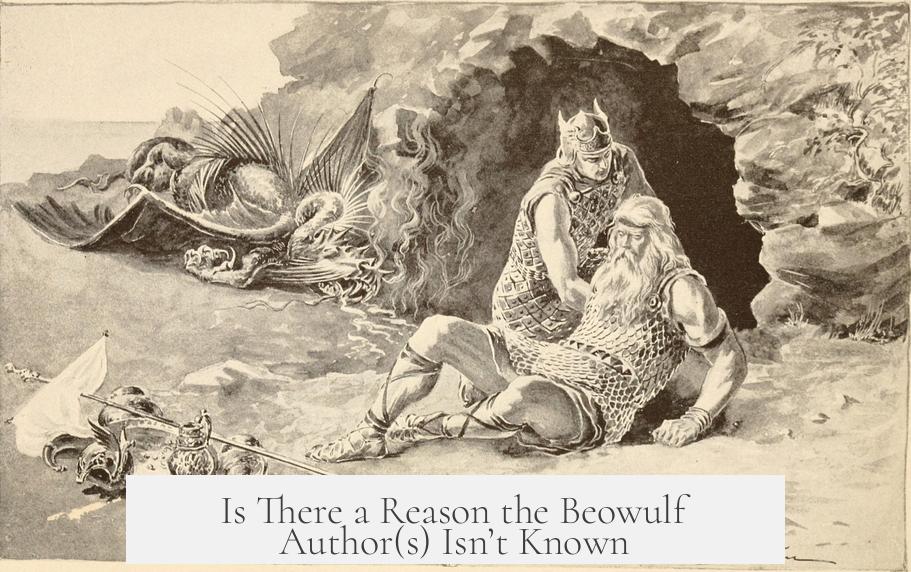
The simple answer is: no, there’s not a known reason why the authorship of Beowulf is unknown. But hang on, that doesn’t mean we’re left in the dark without any clues or explanations. Let’s unpack why the identity of the Beowulf author(s) has slipped through history’s cracks like a shadow at dusk.
The mystery of Beowulf‘s unknown author is wrapped tightly in the folds of the early medieval era, when authorship wasn’t about celebrity or credit. Instead, works like Beowulf belonged to tradition, to community, to oral storytelling. The manuscript we have today, dating back to around 1000 CE, doesn’t name its author—because naming authors as we do now simply wasn’t the norm yet.
A Single Manuscript Mystery
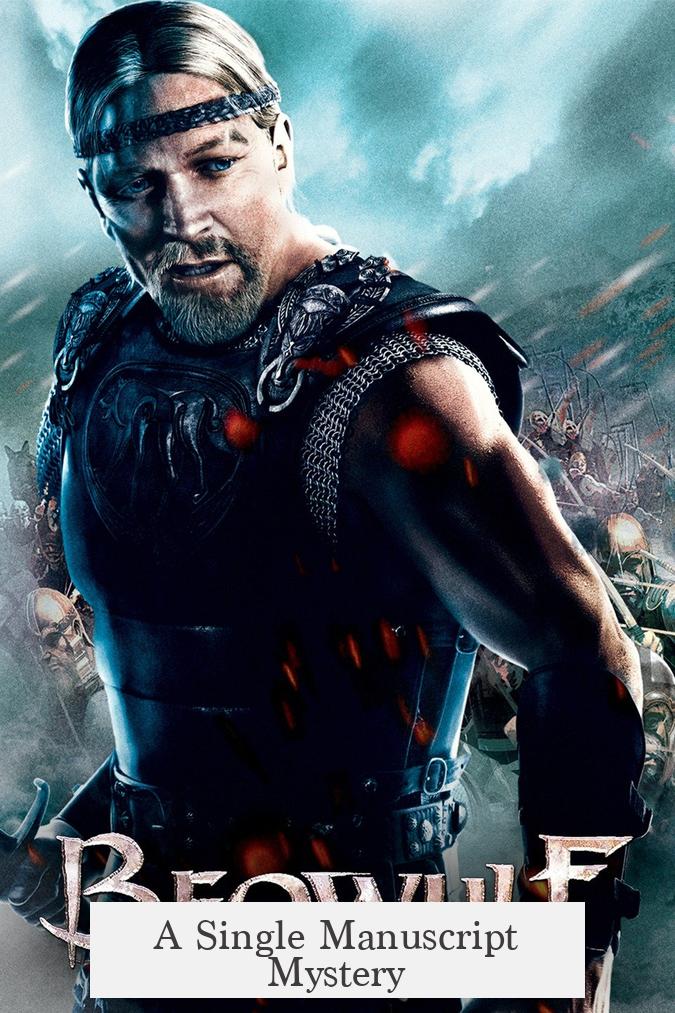
First, there’s just one surviving manuscript of Beowulf. This lone warrior among texts is roughly from the year 1000 CE, but it’s likely that the poem existed for centuries before it was put on parchment. The manuscript itself offers no clues about who wrote it. It’s written in two visually distinct hands, suggesting that two scribes may have copied it from an even older source—or possibly from an oral performance.
Imagine witnessing a centuries-old poem only through a single, fragile window. No second or third manuscripts to compare, no diaries or letters mentioning the poet. No references in other texts. We can’t even be sure if what we hold is the full story or just a fragment.
Oral Tradition: A Different Kind of Authorship
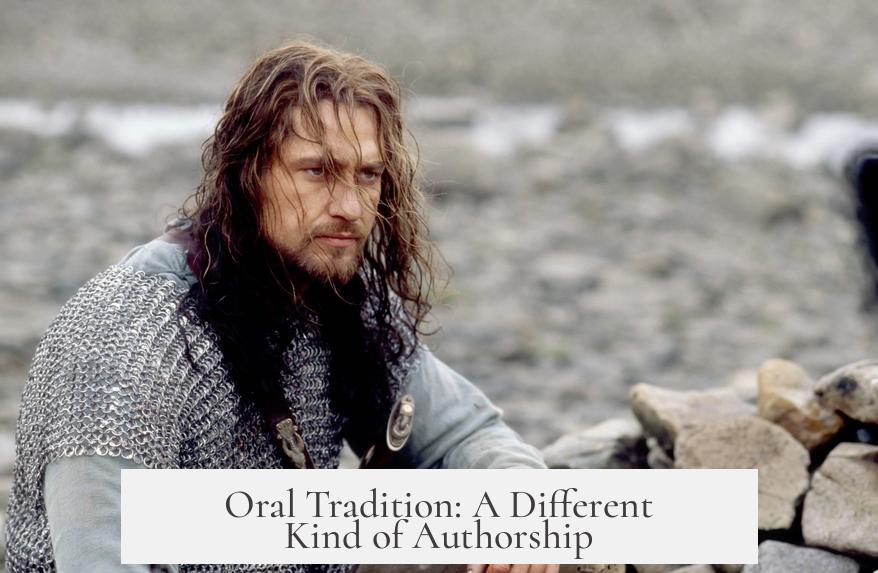
What if there isn’t, in the traditional sense, an identifiable author at all? Beowulf likely began as oral history—spoken stories passed down through generations. Oral storytelling is a communal act. The “author” was not usually a single person but a bard or series of bards, each modifying and shaping the tale in performance. These bards were anonymous but highly trained in the art of storytelling.
This idea changes how we think about “authorship.” Unlike our modern understanding, where one person pens words that remain unchanged, oral literature thrives on evolution through performance. It’s like a game of cultural telephone—each telling adds something new. The poem’s written form, appearing in the manuscript, is probably a snapshot of that living tradition.
The Scribes: Silent Heroes of Preservation
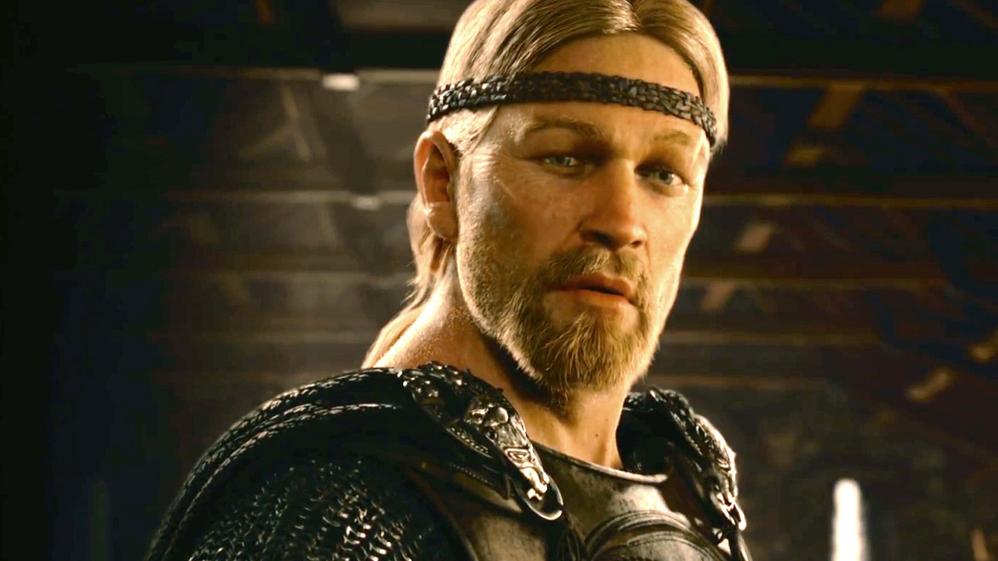
Writing Beowulf down was the work of scribes—likely monks, anonymous and skilled in copying texts. These scribes transcribed what they heard or what they read, yet their names—and intentions—remain buried alongside the ink on the pages. The scribes weren’t authors in the creative sense, but their role was crucial in preserving a story that might otherwise have vanished in the mists of time.
When Did Individual Authorship Become a Thing?
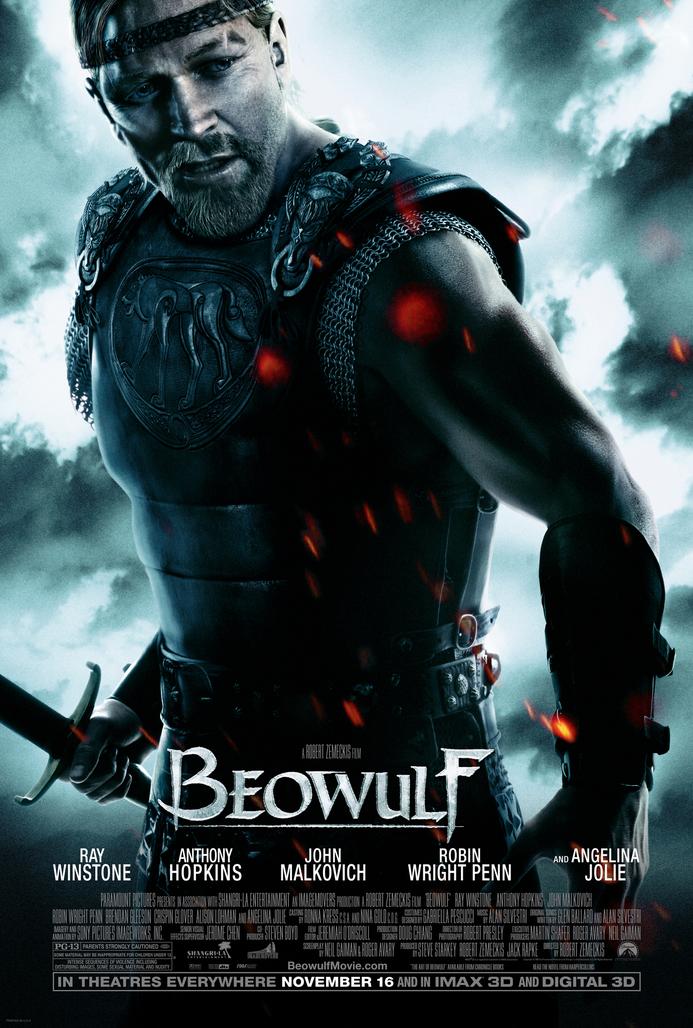
It’s worth noting that the concept of individual authorship itself only emerged much later, in ancient Greece. Before that, poetry, philosophy, and history were often communal or anonymous practices. The idea that every written work must have a credited author is a relatively modern notion. In the early medieval period, especially in contexts like England’s Christian scribal culture, the value lay more in the story than in who told it.
J.R.R. Tolkien and Dating the Poem
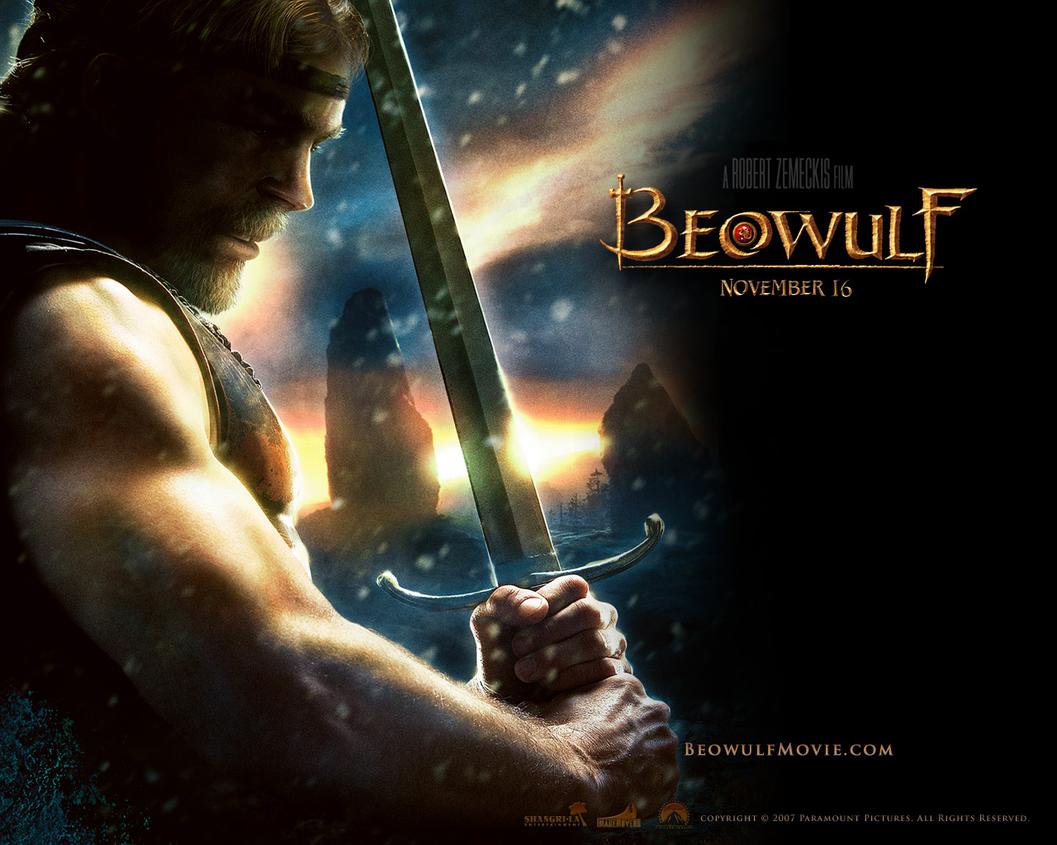
Some scholars, notably J.R.R. Tolkien, have championed the idea that Beowulf was composed around 800 CE. This guess is based on referenced historical figures and linguistic analysis. That means the poem survived orally—and eventually in written form—through turbulent centuries when identity records were scarce and easily lost.
Why Is This Important Today?
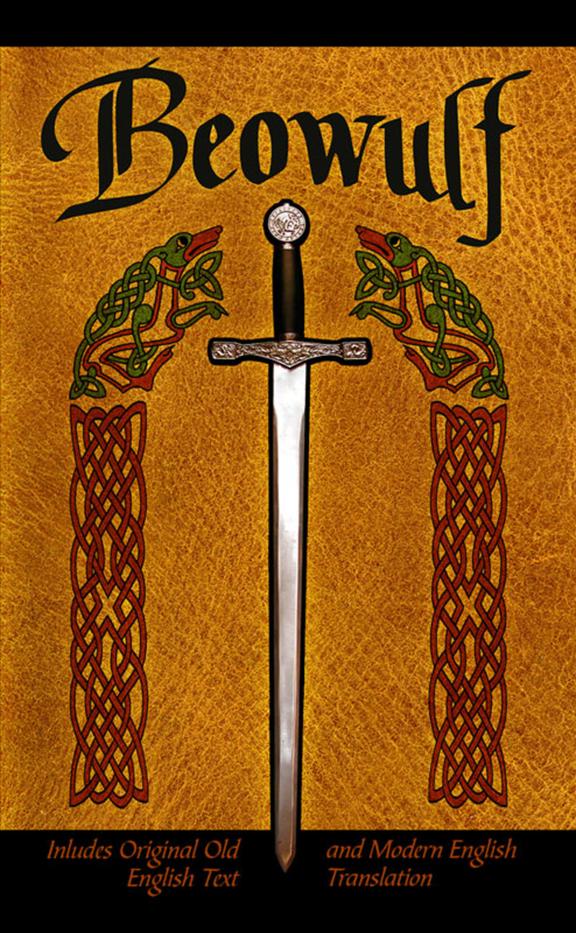
Understanding why the Beowulf author isn’t known invites us to rethink what we expect from ancient literature. It’s not just about who wrote something but about how stories shape societies and endure beyond individual fame. Did you ever think a poem could be a community project that spans centuries? That’s the power of oral tradition and the scribes who later memorialized it.
In a world obsessed with authorship credits and bylines, Beowulf reminds us that some stories belong to everyone—and no one at once.
Takeaways and Tips for Curious Readers
- Explore Oral Traditions: Look beyond written texts to understand how cultures shared stories before literacy was widespread.
- Appreciate the Scribes: Recognize those anonymous individuals who preserved knowledge through painstaking copying.
- Question Authorship: Challenge modern ideas about authorial identity when studying early medieval or ancient texts.
- Enjoy the Mystery: Embrace the unknown. Sometimes not knowing the author adds to a work’s timeless allure.
Final Thought
The unknown authorship of Beowulf isn’t a gap in history waiting to be filled—it’s a feature of the poem’s journey from oral saga to written masterpiece. The bard’s voice and the scribe’s hand together forged a tale that has lasted more than a millennium, and that’s nothing short of remarkable.
